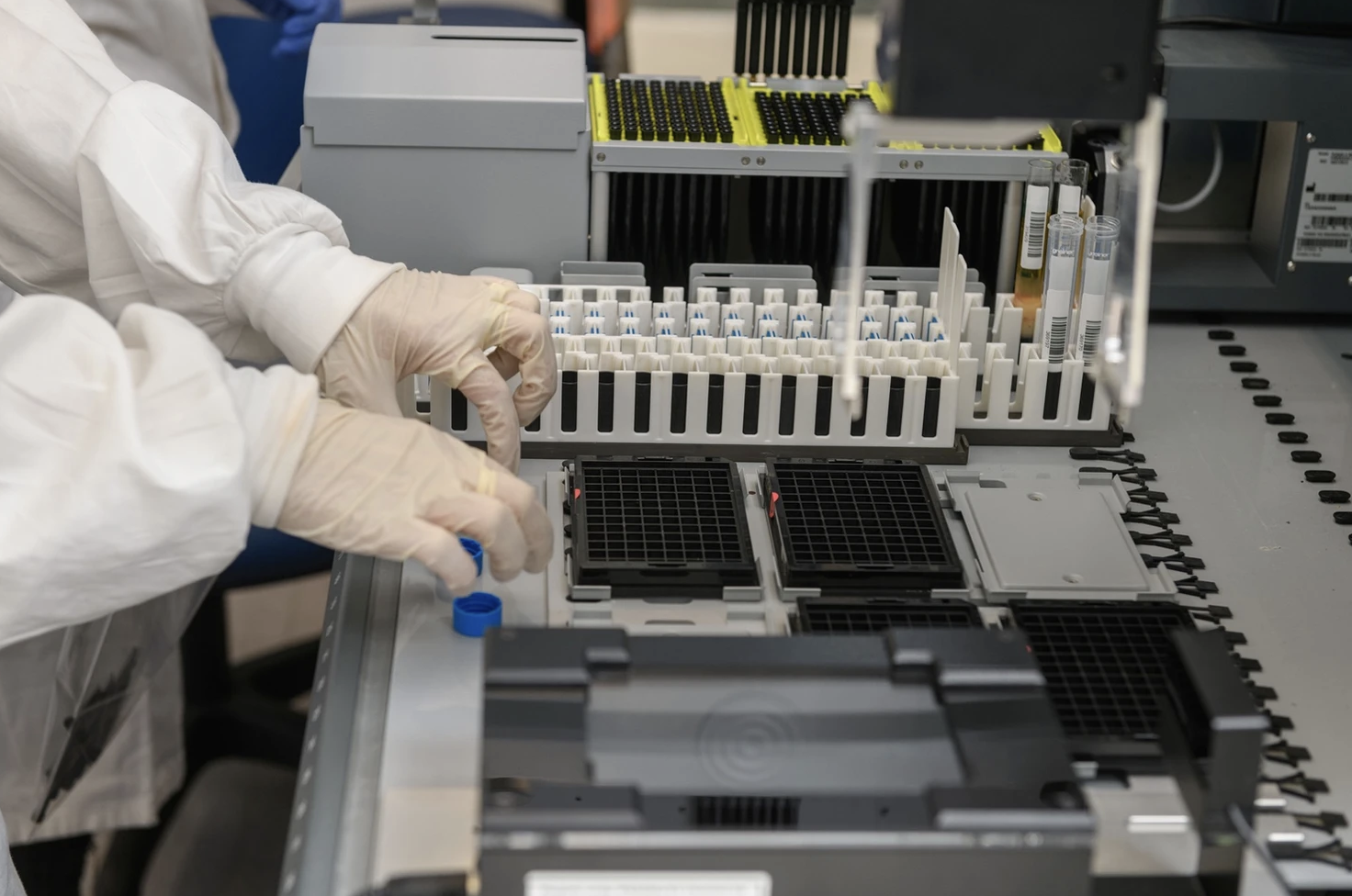Monitoring stress - Xtrodes
בשיתוף:












Remote identification of the development of emotional distress and stress situations - Xtrodes
Monitoring stress - Xtrodes
Ziv Perman
In partnership:












Remote identification of the development of emotional distress and stress situations - Xtrodes
It is widely acknowledged that the mind and body are intrinsically linked, and emotional distress can be just as damaging as physical illness. However, while we have remote diagnostic solutions for physical ailments, we do not yet have technology for detecting the onset of emotional distress and stress. With health care moving toward virtual hospitalization and telemedicine, the ability to monitor patient well-being from a distance is more crucial than ever. Developing remote diagnostic tools for emotional distress poses many challenges, as predicting exposure to stressors is difficult. Unlike day-to-day life on Earth, space missions offer a controlled and monitored environment, where major stressors — like being launched into orbit on a 500-ton rocket — are predictable and scheduled in advance. This is why clinicians and researchers at Sheba Medical Center’s ARC Center for Digital Innovation, the Sheba Medical Center psychiatric department, and their partners at Thomas Jefferson University in the US joined together to leverage the unique opportunity presented by the Rakia mission to the ISS. Their aim was to test a new way to monitor emotional distress remotely, using an innovative app and advanced sensors developed at ARC Center.
Throughout the mission, the crew used R-CARE, an app designed specifically for this project, with mini-games that assess the astronauts' cognitive functions, including memory, motor skills and empathy. Advanced technologies monitored the crew’s physiological parameters, including sleep patterns, vital signs and sensory function. This experiment also included a demonstration of innovative remote sensing and monitoring technologies developed by Israeli startups, expanding the arsenal of clinical tools usable in telemedicine.The data collected — performance in daily tasks, sleep patterns, vision functions and bio-physiological changes — were cross-referenced with the Ax-1 mission records and ISS logs, with crew performance analyzed against significant events throughout the voyage.
This unique opportunity to study the effects of stress in a controlled environment promises to advance the development of technologies and methods for remotely detecting emotional distress.These solutions are expected to enhance clinicians’ ability to monitor patient well-being and provide optimal care to patients in Sheba’s departments as well as its virtual hospital, Sheba Beyond, and even in outer space.
Monitoring stress - Xtrodes
بالشراكة:












Remote identification of the development of emotional distress and stress situations - Xtrodes






.jpeg)









%20(1).jpeg)
.jpeg)




-min%20(1).jpeg)
.jpeg)














